C-DICE Fellowship
What is a C-DICE Fellowship?
C-DICE fellowships are designed to promote research aligned to infrastructure, cities, and energy – that will accelerate the progress towards a net-zero society by 2050, whilst providing the opportunity for researchers to develop their independence, with significant support from C-DICE.
The C-DICE Postdoctoral Research Fellows (“C-DICE Fellows”) are creating their own research project with a minimum duration of 1 year, worked full-time or part-time. The Fellowship will support the transition of these postdoctoral researchers and ECRs to fully independent research leaders by developing and expanding their research experience and research portfolio through the Fellowship project. Alongside this, the C-DICE Fellows will be supported by a named Academic Mentor, as well as have access to a cohort of C-DICE Fellows and other support from the C-DICE project.
C-DICE Themes
The overarching goal of C-DICE is to accelerate progress towards a net-zero society by 2050 by building and sustaining the advanced skills base required to create a pipeline of world-class talent for the Infrastructure, Cities and Energy sectors. C-DICE Fellows are contributing to the acceleration of progress towards a net-zero society by 2050 and their research aligns with two or more of the following:
- Research in infrastructure, cities, and/or energy.
- Research using the UK Collaboratorium for Research in Infrastructure and Cities (UKCRIC) and the Energy Research Accelerator (ERA) facilities.
- Knowledge exchange between collaborating C-DICE universities.
- Development and networking benefits for postdoctoral researchers and ECRs.
C-DICE Fellows
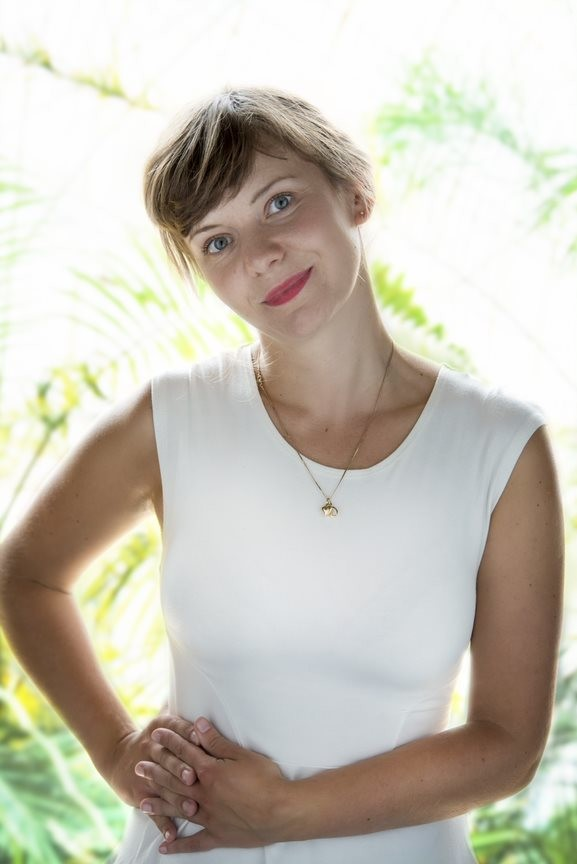
Dr Ola Michalec
Senior Research Associate
University of Bristol
Dr Ola Michalec is a social scientist based at the School of Computer Science at the University of Bristol. She is interested in ‘the making of’ science and technology, using perspectives from Science and Technology Studies and ethnography. Ola’s recent research projects included studies of expertise and collaboration in the context of critical infrastructures and energy sector digitalisation.
Project title: Living in a simulation? Cybernetic promises and data challenges of digital twins to decarbonise energy systems
This project investigates the sites of knowledge production related to energy sector digital twins. We will be asking about:
1. Cybernetic promises: Which futures are afforded through digital twins’ outputs? What do these futures exclude or assume?
2. Data challenges: What are potential security and privacy risks associated with digital twins and how to manage them?
Supported by several highly-esteemed industry and academic partners (Bristol Advisory Committee for Climate Change, IOTICS, Energy Systems Catapult, UKRIC Bristol Infrastructure Collaboratory, Bristol Digital Futures Institute, and Advanced Infrastructure), this project will deliver the following outputs: industry-wide knowledge sharing sessions, speculative fiction for public engagement, publications in leading STS journals, publications in leading cyber security conferences. As a result, we hope to advance the secure and ethical digitalisation agenda in the energy sector, bringing the industry closer to Net Zero.
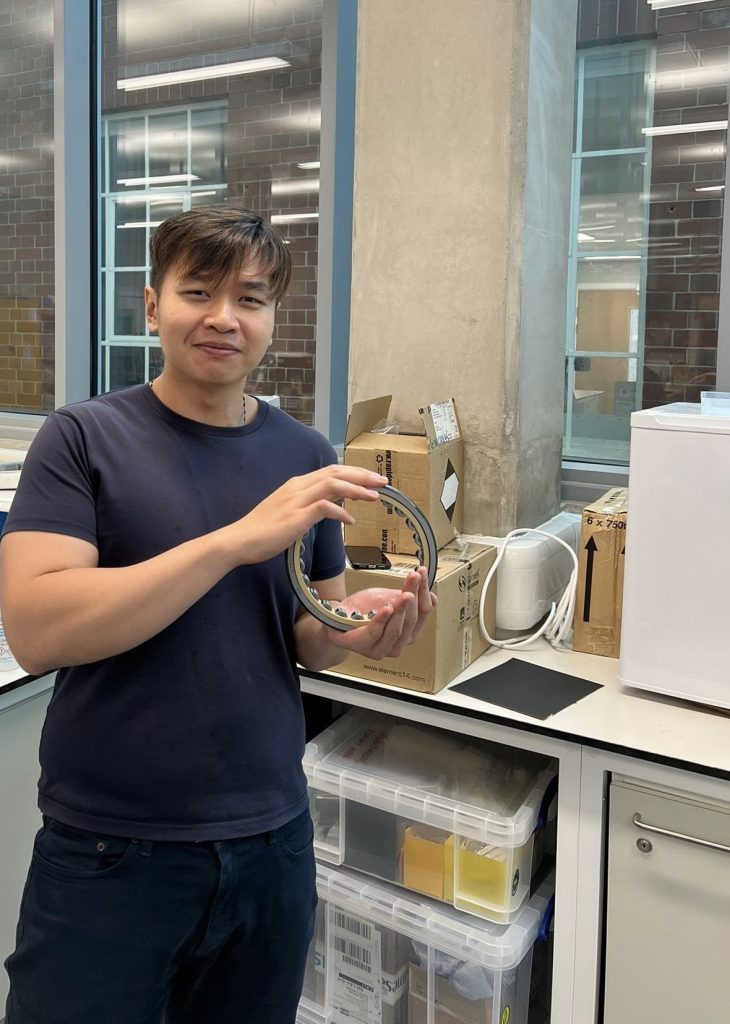
Dr Gary Nicholas
Research Associate
University of Sheffield
Dr Gary Nicholas is a researcher in the field of Tribology, with a particular focus on wind energy. His fascination in the small contacts within machine elements has spurred his investigation into innovative sensing techniques, offering a deeper understanding of these intricate contacts. Dr Nicholas believes that the path to a net-zero future lies in minimizing machine failures through optimised, sensor-led maintenance processes.
For his fellowship with C-DICE, Dr Nicholas is set to collaborate with Offshore Renewables Energy Catapult, Victrex, and Waukesha to spearhead the creation of a multi-sensor measurement suite tailored for WT sliding bearings. This forward-thinking project aims to fast-track the adoption of the emerging sliding main bearing technology in WTs, a promising alternative to the current failure-prone and hard-to-replace rolling bearings.
This shift is projected to result in annual Operation and Maintenance (O&M) cost savings of up to £52M. These savings could significantly reduce the Levelized Cost of Energy for wind farms, particularly offshore ones, and lower the initial investment cost for 10MW+ wind turbines. This, in turn, would make wind energy more affordable, propelling the UK closer to its net-zero by 2050 target. The research encompasses the development of theoretical models for various aspects of WT sliding bearings, the identification of optimal sensor configurations and the execution of experiments to evaluate sensor performance.
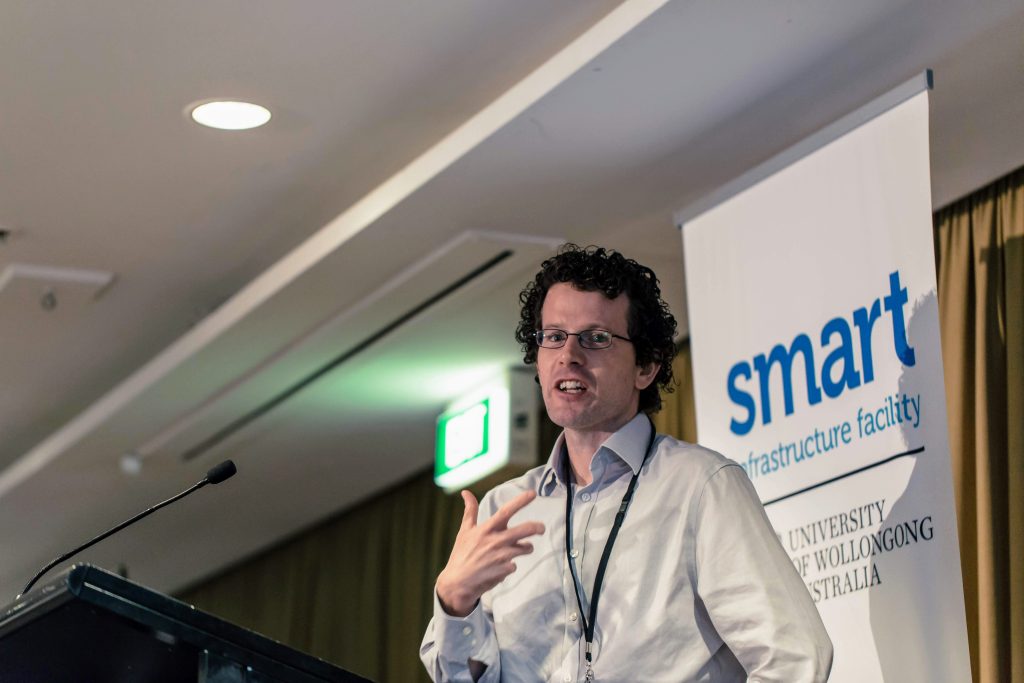
Dr Tom Dolan
Senior Research Associate
University College London
Dr Tom Dolan is a researcher at University College London and one of our C-DICE Fellows. Tom’s project is an ambitious one – taking a whole systems view of all the factors contributing to the climate emergency and thinking of the most effective and resilient response to the impacts of global warming as well as systemic approaches to the management and mitigation of it. Tom plans for his fellowship research to have an impact at COP28, to ultimately influence mindsets and change approaches to governance as a means of responding to the climate emergency.
Tom applied for the C-DICE fellowship because of the strong connection of his work to the C-DICE theme of infrastructure as well as the link to UKCRIC where Tom was already engaged, plus his own interest in addressing the climate emergency. The opportunity to define the scope of his research and focus purely on his interests was attractive, rather than responding to the requirements of an existing grant. This has given Tom the freedom to take his research in new directions.
For Tom, it is also a personal goal to have an impact in addressing the rise in global temperatures – what he sees as the earth’s biggest challenge.
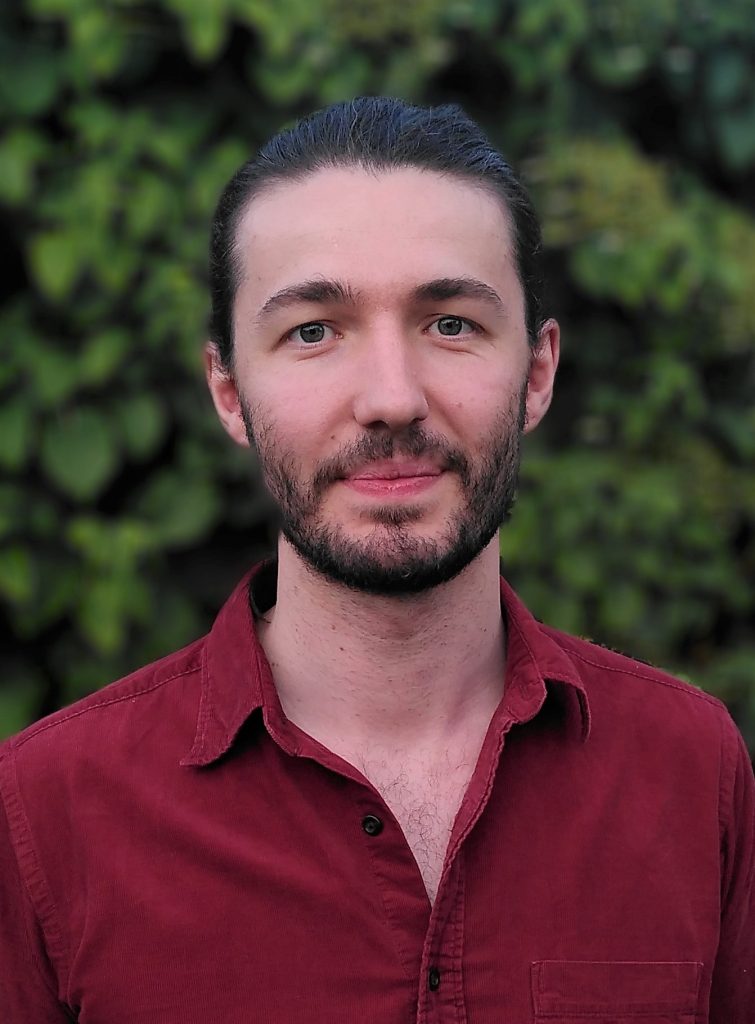
Dr Matthew Deakin
Research Fellow
Newcastle University
Dr Matthew Deakin is a researcher at Newcastle University. The focus of Matthew’s fellowship was to explore whether a new technology called Hybrid Open Point, a device a bit like a supersized mobile phone charger, can unlock energy networks to accommodate increased use of electric vehicles, heat pumps, etc. for low carbon electricity – particularly across urban networks. Matthew applied for the C-DICE fellowship because at the time, he was looking for ways to develop his own ideas and grow his research independence. The themes of the C-DICE fellowship call were “super relevant” to his work in infrastructure and energy applications in the urban environment. It felt like the right time to be pursuing development opportunities, leading projects, winning funding, towards an academic career. Matthew sees optimising energy networks as key to a net zero, low carbon future.
C-DICE Ambassador
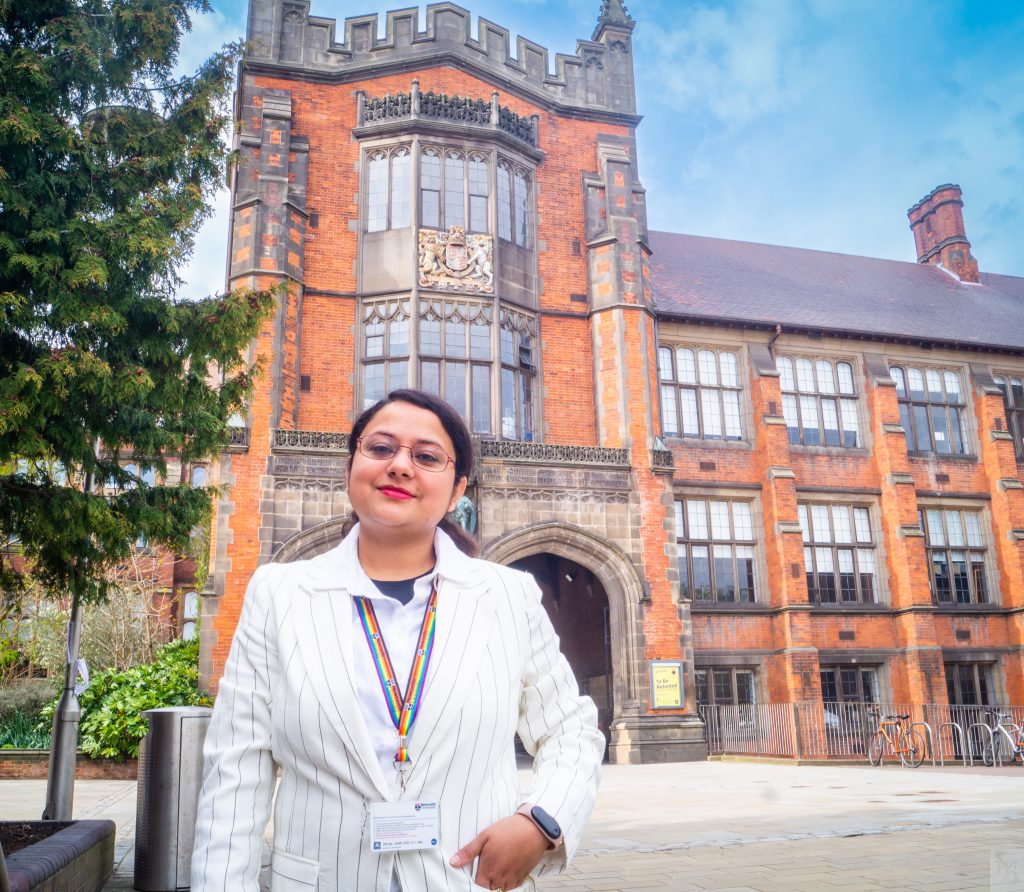
Dr Deblina Majumder
Research Associate
Newcastle University
Dr Deblina Majumder is a Research Associate at Newcastle University and has been appointed as the C-DICE Ambassador. As a Principal Investigator, Deblina is working on her project titled, Development of Selective oxygen reservoir for Ethylene Oxide production via Chemical Looping (DOOR EXCEL) funded by C-DICE. With UK pioneering Industrial Decarbonisation strategies with net-zero 2050 target, the primary aim of her project is to translate research and innovation beyond the laboratories in collaboration with relevant academic and industrial stakeholders. Her research interest primarily includes designing selective oxygen carrier materials via exsolution for low-carbon and energy-efficient Chemical Looping.